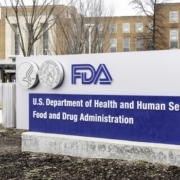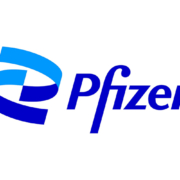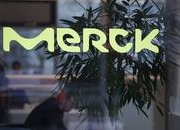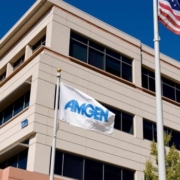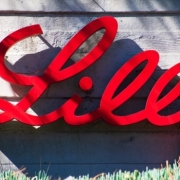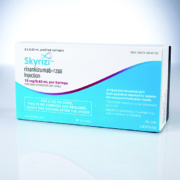Surrozen pauses Phase I trial following liver enzyme elevations
Surrozen pauses Phase I trial following liver enzyme elevations
Published: Nov 15, 2022
By Mark Terry
BioSpace
Biotech Bay-based Surrozen has voluntarily paused its Phase I study of SZN-1326 in Crohn’s disease and ulcerative colitis after several healthy participants showed increased levels of liver enzymes, the company announced Monday.
Increased alanine transaminase and aspartase transaminase levels can indicate liver damage. None of the participants experienced increases in total bilirubin a signal of liver or bile duct damage, nor was any actual liver damage reported. The transaminase increases resolved on their own.
In its Q3 report, Surrozen indicated it was analyzing the available data with the study’s investigator and would run more preclinical assays to determine what was causing the increased transaminase increases. The same results were not observed in the GLP-toxicology studies.
BioSpace could not reach company officials for comment prior to publication.
The drug is a Wnt mimetic, bi-specific antibody. It selectively activates the Wnt pathway. Wnt/beta-catenin signal has a key role in homeostasis of the intestinal epithelium and injury repair.
Physiologically, a strong Wnt signal stimulates Lgr5+ stem cells; functional turnover and differentiation of the intestinal epithelium. In IBS, Wnt signaling is deregulated.
Surrozen Collaborations, Q3 Earnings
Surrozen develops drugs to modulate the Wnt pathway.
In addition to SZN-1326, the company has SZN-043, to target R-spondin-mimetic for liver disease. The drug can stimulate regeneration of hepatocytes in liver disease, according to the company.
Another drug, SZN-413, an Fzd4-targeted bispecific antibody, is in development for vascular-associated retinopathies, such as diabetic retinopathy and diabetic macular edema.
The company recently signed a collaboration pact with Boehringer Ingelheim to develop the drug.
Under that deal, Boehringer acquired an exclusive, global license to develop the drug and other Fzd4-specific, Wnt-modulating compounds for all purposes, including retinal diseases.
Boehringer paid Surrozen $12.5 million upfront. Surrozen is eligible for up to $586.5 million in milestone payments and sales royalties.
In October, Craig Parker, president and CEO of Surrozen, told BioSpace the company had been looking for potential partners and that Boehringer and “their capabilities and knowledge about the genetics surrounding this indication were impressive.
“Retinal health is a new commitment they made,” he said. “[Boehringer] is the optimal partner to translate the evidence we’ve generated into potential therapies for people with retinal diseases.”
Parker, in the Q3 press statement, said the company will continue to analyze the data from the Phase I studies, expand pre-clinical research into potential mechanisms to address adverse events.
As of September 30th, Surrozen reported $78.4 million in cash. Research and development expenses for the third quarter were $8.6 million and general and administrative expenses were $5 million.
Source: BioSpace


